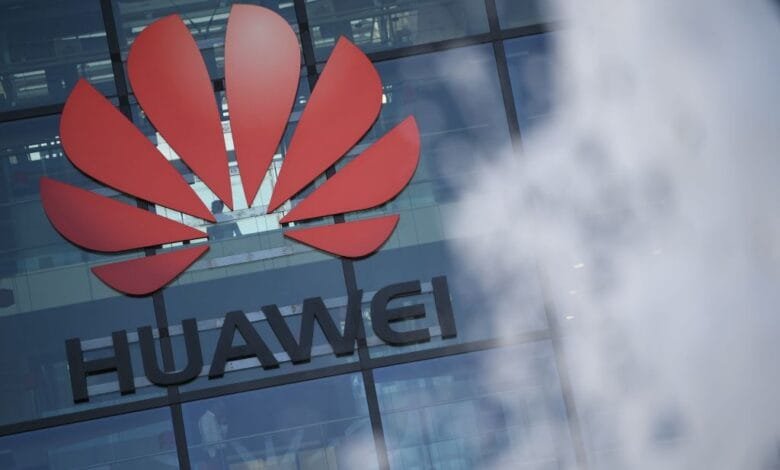US-China Tensions Rise Over Huawei AI Chips

▼ Summary
– Tensions between the U.S. and China have reignited over semiconductor export restrictions, despite recent trade de-escalation efforts.
– China’s Commerce Ministry threatened legal action against those enforcing U.S. export restrictions on Huawei’s AI chips.
– The U.S. issued guidelines on May 13 stating that using Huawei’s Ascend AI chips globally violates U.S. export rules, alongside revoking Biden’s AI Diffusion rule.
– China accused the Trump administration of undermining recent trade talks by releasing the semiconductor export guidance.
– The U.S. Commerce Department later revised its May 13 guidance, removing the “anywhere in the world” phrasing.
The simmering tensions between the U.S. and China have reignited over semiconductor technology, marking another chapter in their complex economic relationship. Just weeks after signs of trade war de-escalation, Beijing has issued a sharp warning regarding American restrictions on Huawei’s advanced AI chips.
China’s Commerce Ministry publicly declared it would pursue legal measures against entities enforcing U.S. export controls targeting Huawei’s Ascend AI processors. This move directly challenges Washington’s recent policy adjustments, which initially prohibited global use of these chips under American trade regulations. The dispute stems from updated guidelines issued by the Trump administration in mid-May, which also coincided with the reversal of a Biden-era AI export rule.
While the U.S. Commerce Department has since softened its language—removing the contentious “anywhere in the world” phrasing—the damage to diplomatic progress appears done. Chinese officials argue these restrictions sabotage recent negotiations aimed at stabilizing bilateral trade relations. The standoff highlights how semiconductor dominance remains a flashpoint in the broader tech rivalry between the two superpowers, with neither side showing willingness to concede ground.
Industry analysts note Huawei’s AI chips represent a critical battleground, as they compete directly with American-designed alternatives in everything from data centers to autonomous systems. With both nations digging in their heels, the conflict threatens to spill beyond trade into areas like supply chain security and global tech standards. The coming weeks may determine whether this latest friction derails cooperation or forces a compromise.
(Source: TechCrunch)




